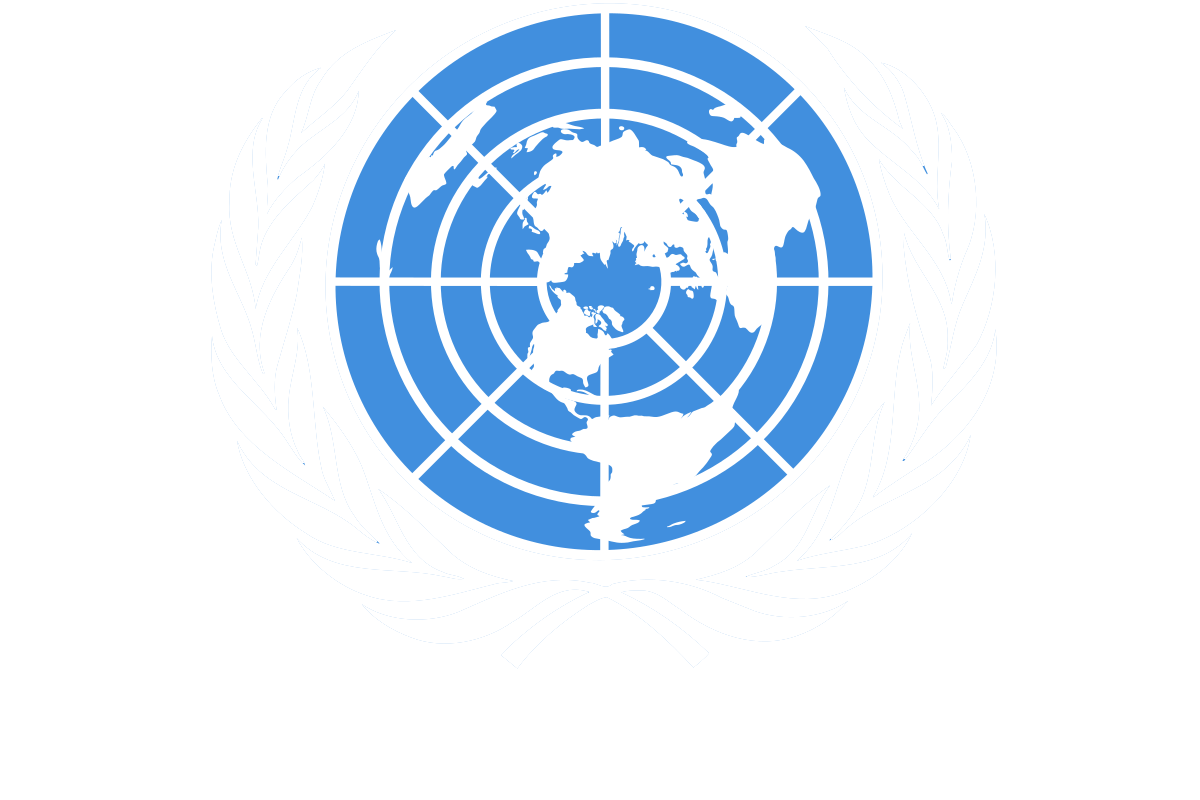Going to NMUN New York means: getting to know many people and working long hours. As we all worked in different committees, our individual experiences vary a lot. We have had a lot of practice before our conference, so writing on working papers, delivering speeches and bringing in motions for some of us almost felt like “business as usual” – on a much larger scale. Here is only room for a few highlights:
We enjoyed talking to the Secretary-General of the Namibian Mission to the UN. He was very open and answered all our questions.
Attending the closing ceremony in the General Assembly Hall of the UN headquarters was a very special experience. We felt very honoured to be in this historic place and to immerse ourselves into the atmosphere of the building.
Also, receiving an award for our position papers and as a distinguished delegation was a nice reward for all our efforts.
Last but not least, on our last evening, we had supper in an Ethiopian restaurant as a delegation. This made us realise that we have enjoyed getting to know each other better during the last semester. Some of us also attended the delegate dance to celebrate the end of a very intense week.
Now it is time for us to say goodbye to NMUN. We have certainly had the chance to learn a lot and to get to know nice people. Best of luck to all future NMUN generations – we hope you have a good time!









